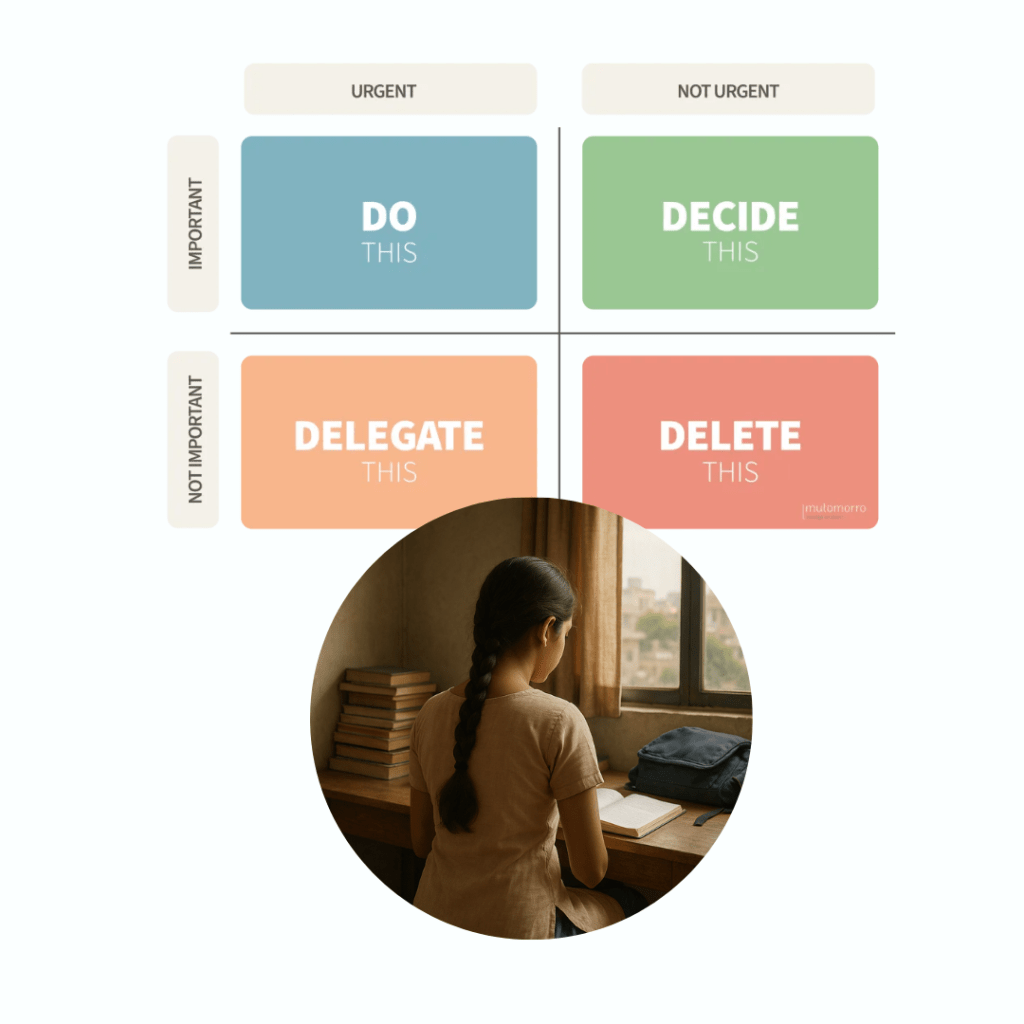The fairy lights of Social, Hauz Khas, twinkled above us as our EducatedTimes team sprawled across cushioned seats, celebrating another month of deadlines survived. I swirled my mojito, feeling that familiar itch to talk about the show that had consumed my evenings.
“You have to watch Succession,” I insisted, leaning forward. “Brian Cox as Logan Roy—it’s transformative. The way he commands every scene, the subtle cruelty in his pauses…”
My theater background made me obsessive about performances like this. While my days were spent crafting education content and my evenings rehearsing at Mandi House, my nights belonged to Logan Roy’s empire of dysfunction.
“The lead actor, you mean?” Priya asked, scrolling through her phone.
“Brian Cox,” I corrected, probably too enthusiastically. “Seventy-something and still the most magnetic presence on screen. I went down a rabbit hole researching him and found he teaches acting on BBC Maestro.”
The confession tumbled out before I could stop it. “I signed up immediately. Spent good money on it.”
“And?” Rahul raised an eyebrow.
“Watched maybe thirty percent,” I admitted, feeling the weight of my half-finished ambition. The course sat in my browser tabs like a guilty conscience—Brian Cox’s face frozen mid-instruction, waiting for me to return.
“Classic,” Vikram laughed, not unkindly. “You know most people never finish online courses, right? There’s probably statistics on it.”
The conversation drifted to other topics, but his words stuck. Later that night, back in my Lajpat Nagar flat, I started wondering “How many others had started learning on their own (online courses) journey and abandoned it?”
As a content advisor for an education platform, I should have known better. We constantly strategized about engagement and completion rates, yet here I was—part of the problem I helped others solve.
I opened a fresh document and began typing: “Why do most people fail to complete online courses?”
The Research Rabbit Hole
Three days later, I sat at my EducatedTimes desk, surrounded by research papers and statistics that painted an uncomfortable picture. The numbers were damning: only 10-20% of online course subscribers actually finished what they started. Some studies put the median completion rate at a dismal 12.6%.
I wasn’t alone in my failure. I was part of a global epidemic of unfinished ambitions.
My content advisor instincts kicked in as I organized the findings into categories:
The Time Trap
- Self-discipline evaporates without deadlines
- Life’s competing demands always win (work, family, that theater rehearsal I couldn’t miss)
- Flexible pacing becomes infinite postponement
The Motivation Maze
- No instructor checking in on my progress
- No classmates to discuss Brian Cox’s techniques with
- The initial excitement fades into background noise
The Design Dilemma
- Courses that drone on forever lose their appeal
- Where was the practical application I could use in my next audition?
- Interactive elements matter more than I’d realized
The Technical Tangles
- Platform navigation shouldn’t require a computer science degree
- Mobile access gaps (I’d tried watching on my phone during metro commutes—disaster)
The Support Vacuum
- Learning in isolation breeds abandonment
- No one to turn to when concepts get confusing
- The loneliness of self-paced education
The Life Factor
- My acting workshops, content deadlines, and that upcoming play at Kamani Auditorium
- Everyone overestimates future free time
- Present commitments always trump future learning
I leaned back, staring at my notes. Each factor was a mirror reflecting my own abandoned course. But understanding the problem wasn’t enough—I needed solutions. Not just for me, but for the millions of learners EducatedTimes served.
The question shifted in my mind: If I knew why courses failed, could I figure out how to actually finish one?
Brian Cox’s lesson still waited at 30%. This time, armed with research and self-awareness, I clicked play.



